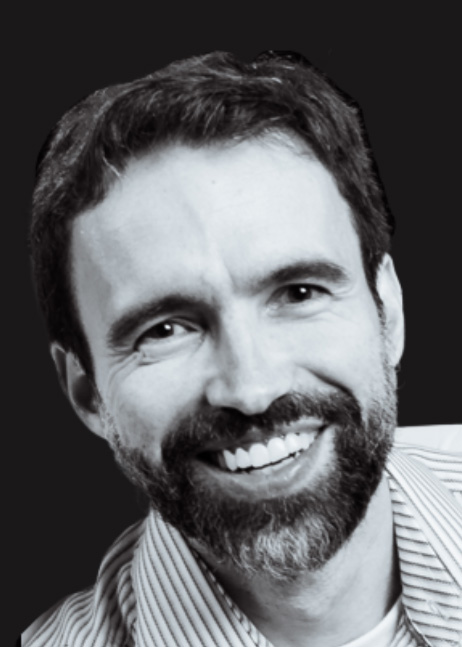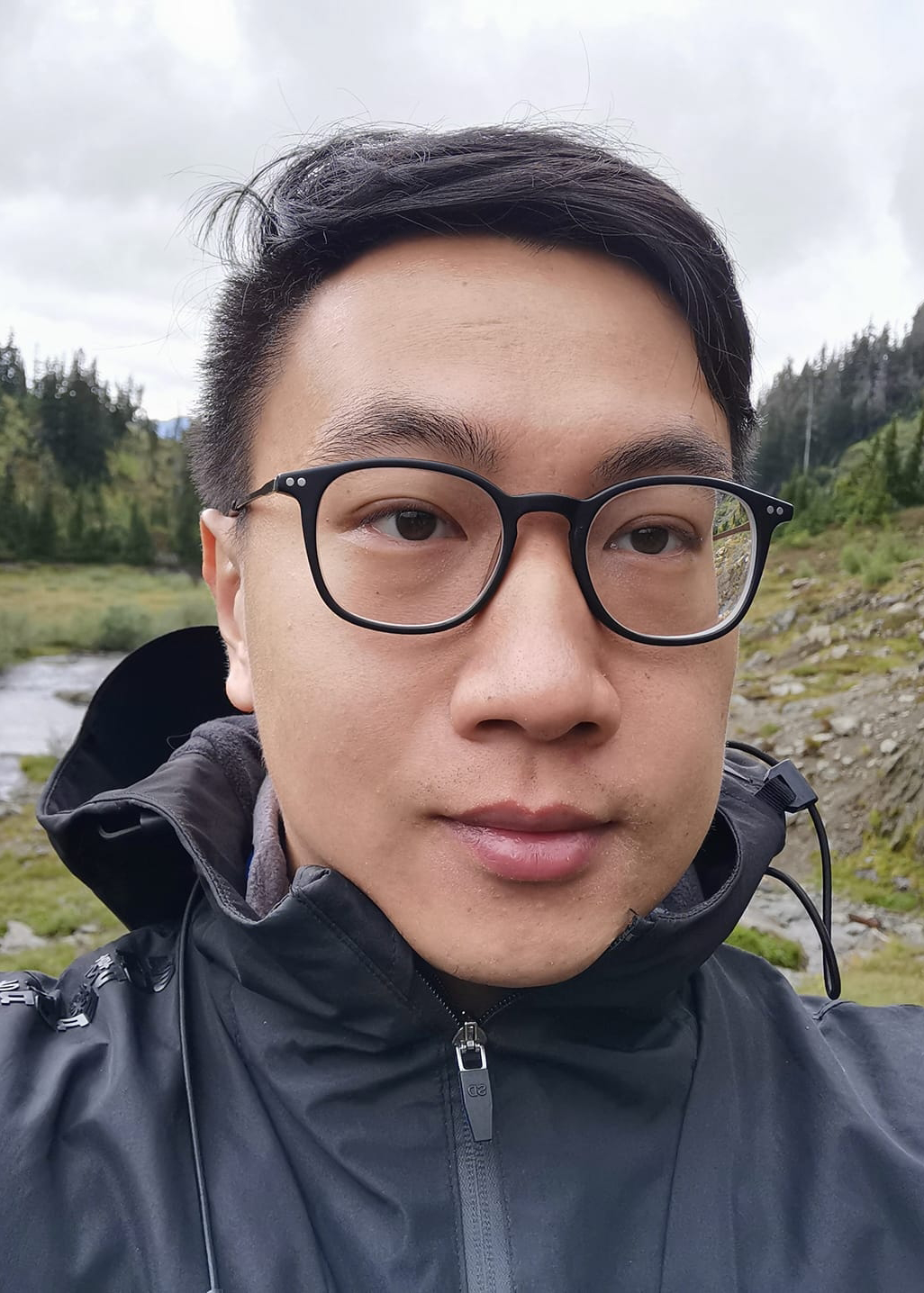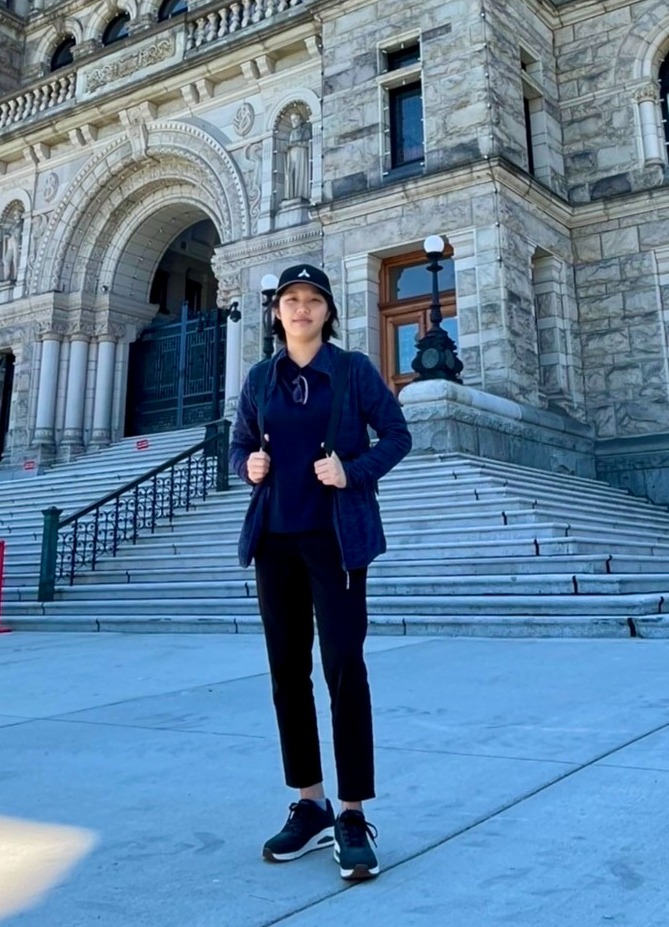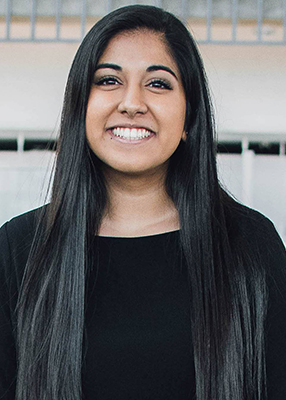Hugh Knapp
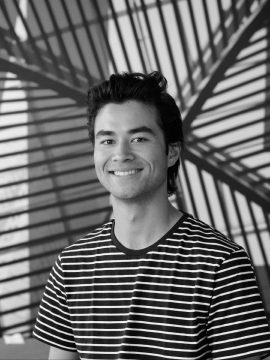
Why did you choose your program at UBC and what did you enjoy most about it?
I chose sociology after studying industrial design because of the depth and breadth of the sociology course offerings and professor research areas. I felt empowered to craft a learning experience that worked for my interests in design and research. For example, the course offerings like urban sociology, consumerism and consumption, sociology of food, and qualitative research methods helped me envision a future as a better designer and researcher. Sociology continues to help me observe the environment, relationships, and interfaces around me that inform my design practice in a more human way.
What were some of your most meaningful experiences at UBC?
In the summer of 2017, I participated in the International Service Learning Program. I was sent to a solar energy NGO called the Selco Foundation in Bangalore, India. My role as a design research intern was to interview children at schools to help design new classrooms. I interviewed women in slums to help their voices inform the design of new slum housing solutions in rural Karnataka. The opportunity to strive to do ethical research in an international setting was a highlight of my UBC experience.
What choices did you make at UBC that contributed to your career success / journey?
In my final year, I did my honours thesis with Dr. Amy Hanser called “Private Acts of Consumption, Public Displays of Motherhood”. This research opportunity was rewarding as it allowed me to interview new mothers in Vancouver and amplify their voices in a tense time of feeding and identity building. It contributed to my career success because it gave me the experience to do extensive research in my undergraduate degree. The project enabled me to express my interests and capabilities with confidence to job interviews. I know that this project helped me become a design researcher at IBM.
What was your first job after graduation and what other jobs did you have before your current position?
In the summer of 3rd year, I was a brand strategy intern at Dossier Creative. In the summer of 4th year, I was a design research intern at the Selco Foundation in Bangalore, India. After my 5th and final year, I was an associate strategist intern at Critical Mass in Toronto. Now I am a full-time design researcher at IBM.
Is your current career path as you originally intended? What challenges did you face in launching your career?
This career path as a design researcher was not seen as an opportunity until my final years at UBC. I was a brand strategist during internships while in school. After working in Bangalore and conducting my honours thesis, I departed from brand strategy as a career path to combine research and design instead.
What do you like about your current job and what do you find challenging? How does it relate to your degree?
I like my current job because I have the opportunity to conduct primary research. I am challenged by the pace and scope of research projects in the private sector. The pace is faster than the academic setting. It relates to my sociology experience as I am designing surveys, conducting interviews, and synthesizing findings of how we experience certain technologies and products and how we can better design those experiences.
From your experience, what has been the value of having an Arts degree?
The ability to conduct meaningful and comprehensive qualitative research projects has been exceedingly valuable. I’ve also had the opportunity to work abroad and the freedom to craft a sociology degree that enables me to engage with my interests in a deeper and more complex way.
What advice would you give to students and alumni interested in breaking into your industry?
I think sociology students and other Arts students are really well positioned to be design researchers. My advice is to do as many research projects as possible, large or small. Connect with professors to be research assistants and go to their office hours to have discussions about your interests and how they connect to the course material.
Lastly, and maybe most importantly, is to create a personal portfolio to showcase your research and other projects. A paper that you wrote could go into a portfolio; it does not need to be strictly visual. The portfolio helps in job interviews as they give you the opportunity to drive discussion and tell stories about your experiences and capabilities in a really engaging way. Kerry Greer in the Department of Sociology runs a portfolio workshop.
What advice would you give to your first-year self?
Go to your professors’ office hours to talk about course material or anything that interests you and put more research and writing into your portfolio.
Hugh Knapp



Why did you choose your program at UBC and what did you enjoy most about it?
I chose sociology after studying industrial design because of the depth and breadth of the sociology course offerings and professor research areas. I felt empowered to craft a learning experience that worked for my interests in design and research. For example, the course offerings like urban sociology, consumerism and consumption, sociology of food, and qualitative research methods helped me envision a future as a better designer and researcher. Sociology continues to help me observe the environment, relationships, and interfaces around me that inform my design practice in a more human way.
What were some of your most meaningful experiences at UBC?
In the summer of 2017, I participated in the International Service Learning Program. I was sent to a solar energy NGO called the Selco Foundation in Bangalore, India. My role as a design research intern was to interview children at schools to help design new classrooms. I interviewed women in slums to help their voices inform the design of new slum housing solutions in rural Karnataka. The opportunity to strive to do ethical research in an international setting was a highlight of my UBC experience.
What choices did you make at UBC that contributed to your career success / journey?
In my final year, I did my honours thesis with Dr. Amy Hanser called “Private Acts of Consumption, Public Displays of Motherhood”. This research opportunity was rewarding as it allowed me to interview new mothers in Vancouver and amplify their voices in a tense time of feeding and identity building. It contributed to my career success because it gave me the experience to do extensive research in my undergraduate degree. The project enabled me to express my interests and capabilities with confidence to job interviews. I know that this project helped me become a design researcher at IBM.
What was your first job after graduation and what other jobs did you have before your current position?
In the summer of 3rd year, I was a brand strategy intern at Dossier Creative. In the summer of 4th year, I was a design research intern at the Selco Foundation in Bangalore, India. After my 5th and final year, I was an associate strategist intern at Critical Mass in Toronto. Now I am a full-time design researcher at IBM.
Is your current career path as you originally intended? What challenges did you face in launching your career?
This career path as a design researcher was not seen as an opportunity until my final years at UBC. I was a brand strategist during internships while in school. After working in Bangalore and conducting my honours thesis, I departed from brand strategy as a career path to combine research and design instead.
What do you like about your current job and what do you find challenging? How does it relate to your degree?
I like my current job because I have the opportunity to conduct primary research. I am challenged by the pace and scope of research projects in the private sector. The pace is faster than the academic setting. It relates to my sociology experience as I am designing surveys, conducting interviews, and synthesizing findings of how we experience certain technologies and products and how we can better design those experiences.
From your experience, what has been the value of having an Arts degree?
The ability to conduct meaningful and comprehensive qualitative research projects has been exceedingly valuable. I’ve also had the opportunity to work abroad and the freedom to craft a sociology degree that enables me to engage with my interests in a deeper and more complex way.
What advice would you give to students and alumni interested in breaking into your industry?
I think sociology students and other Arts students are really well positioned to be design researchers. My advice is to do as many research projects as possible, large or small. Connect with professors to be research assistants and go to their office hours to have discussions about your interests and how they connect to the course material.
Lastly, and maybe most importantly, is to create a personal portfolio to showcase your research and other projects. A paper that you wrote could go into a portfolio; it does not need to be strictly visual. The portfolio helps in job interviews as they give you the opportunity to drive discussion and tell stories about your experiences and capabilities in a really engaging way. Kerry Greer in the Department of Sociology runs a portfolio workshop.
What advice would you give to your first-year self?
Go to your professors’ office hours to talk about course material or anything that interests you and put more research and writing into your portfolio.
